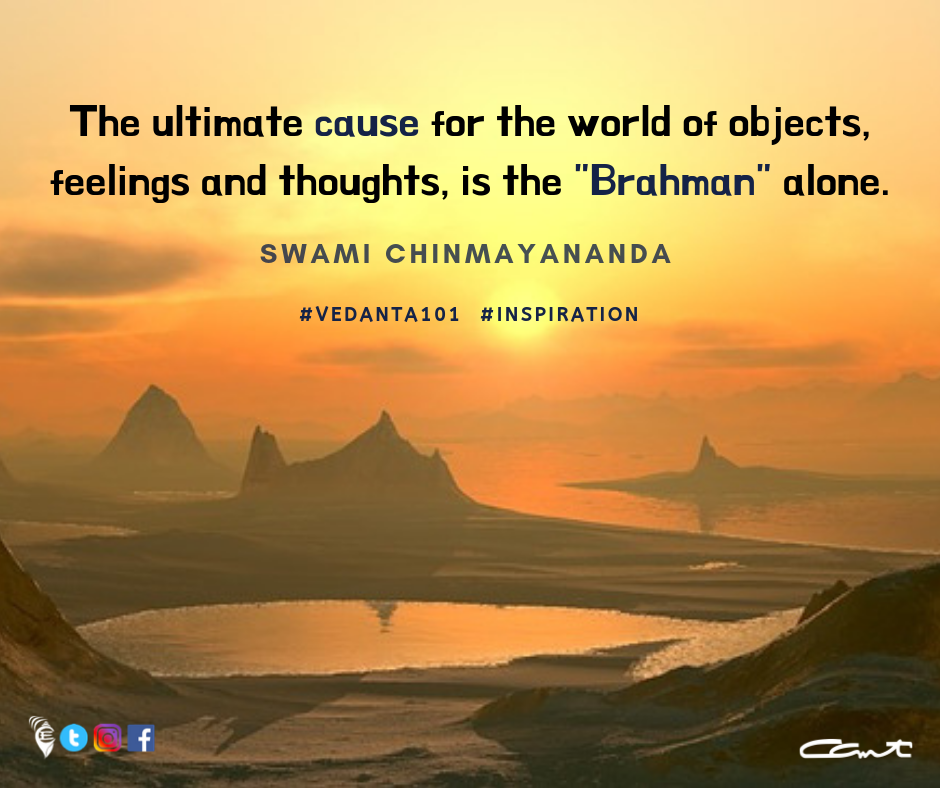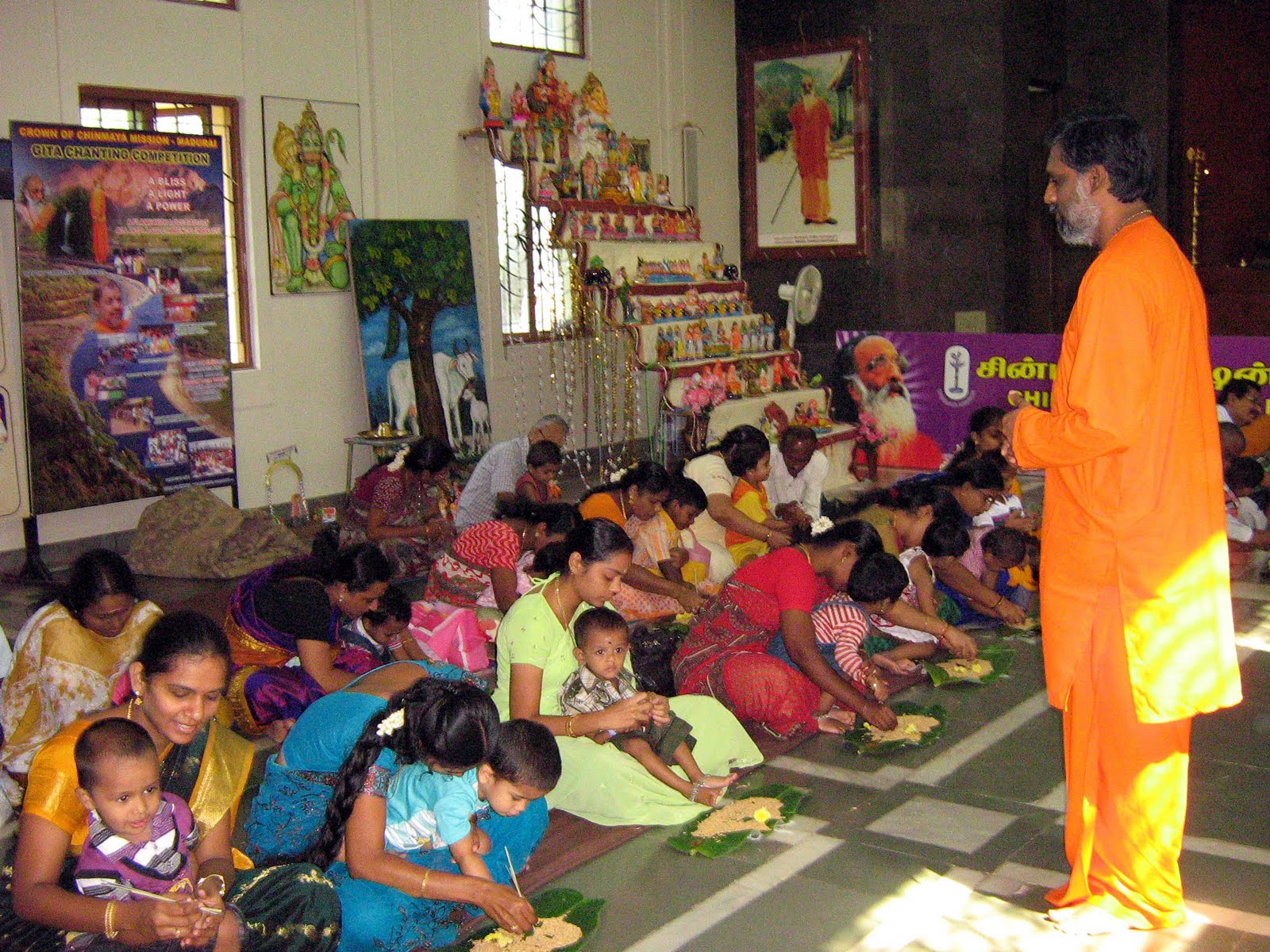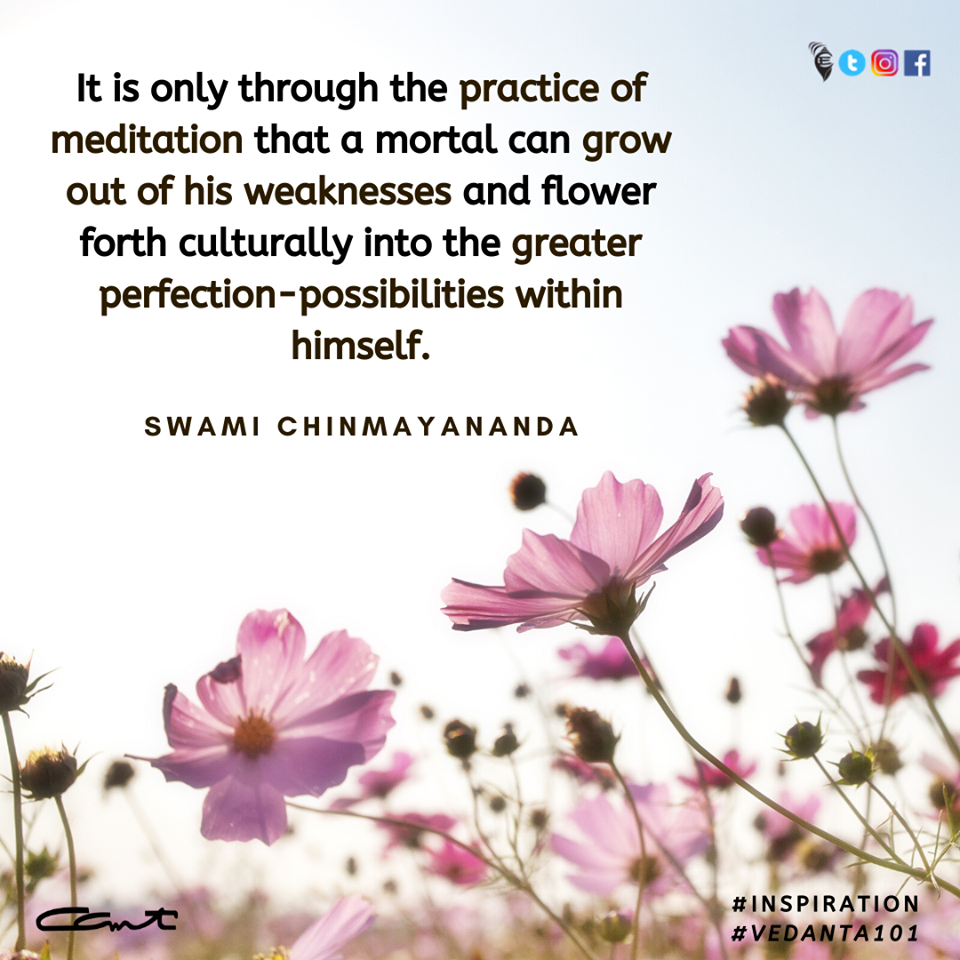#Ancient Culture ( Samskaram ) of Bharatham-1.7 : Swami Krishnananda

======================================================================== ======================================================================= #OPINION : 30/12/2019 : 2005. Chapter 1: The Definition of Culture ( Samskaram ) - 7. ======================================================================= 1. #A human being is a person who can recognise humanity in another person also. It is not that you want everything, and others do not want anything. #The meal that you require and the self-respect that you are asking for are also craved by other people. #A human being is an unselfish individual in the sense that he or she is capable of recognising the same human characteristics in other people also. #You love others as you love yourself, and you would be able to treat others in the same way as you would like to treat yourself. -------------------------------------------------------------------------------------------------------------------------- 2. #The bas...




